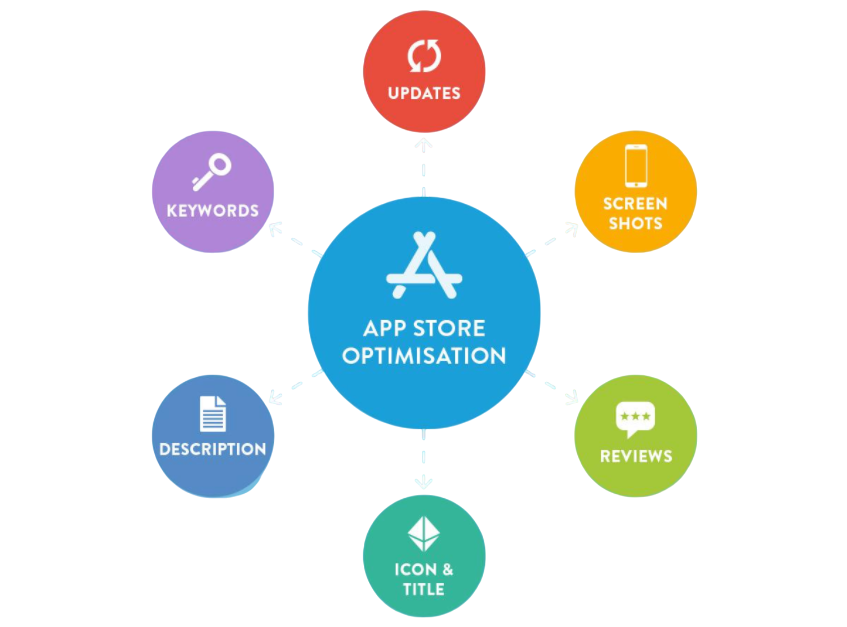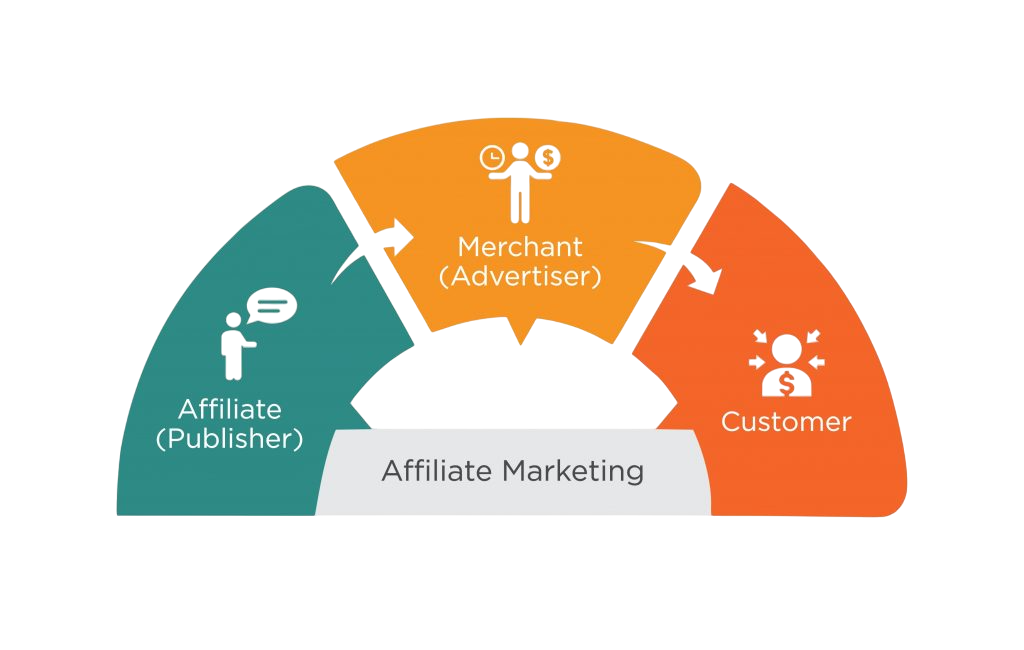
- Introduction to Mobile App Marketing
- Pre-Launch Strategy
- App Store Optimization (ASO)
- Launch Day Activities
- Paid vs Organic Promotion
- Influencer & Affiliate Campaigns
- Push Notifications & Engagement
- Retention Strategies
- Conclusion
Introduction to Mobile App Marketing
In today’s mobile-first world, having a great app isn’t enough. What truly matters is getting it discovered, downloaded, and used repeatedly. Mobile app marketing refers to the strategic efforts undertaken to promote a mobile application to its target audience. The process spans across various stages starting from awareness creation, leading to user acquisition, and continuing into engagement and retention. With millions of apps across platforms like Google Play and Apple’s App Store, businesses must adopt comprehensive and tactical marketing approaches to stand out.Mobile app marketing is a vital process that involves promoting a mobile application to reach and engage potential users effectively. With millions of apps available on platforms like the Apple App Store and Google Play Store, standing out in a crowded marketplace requires a strategic approach. Mobile app marketing not only focuses on attracting downloads but also aims to retain users and encourage ongoing engagement. Successful mobile app Digital Marketing Training starts well before the app’s launch with thorough market research, competitive analysis, and a clear understanding of the target audience. This pre-launch phase helps developers create tailored messaging and identify the most effective channels for promotion. Once the app is live, marketers use various techniques such as App Store Optimization (ASO), paid advertising, influencer partnerships, and social media campaigns to increase visibility and drive downloads. Beyond acquiring users, mobile app marketing emphasizes user retention through push notifications, personalized content, and regular updates to keep users engaged and satisfied. Analytics tools play a crucial role in tracking user behavior, measuring campaign performance, and refining marketing strategies. In today’s digital landscape, mobile app marketing is essential for an app’s success, helping brands grow their user base, build loyalty, and ultimately achieve their business goals. Without a well-executed marketing plan, even the best apps can struggle to find their audience.
Ready to Get Certified in Digital Marketing? Explore the Program Now Digital Marketing Online Training Offered By ACTE Right Now!
Pre-Launch Strategy
- Conduct Market Research: Understand your target audience, competitors, and market trends to identify opportunities.
- Define Clear Goals: Set measurable objectives like download targets, user engagement, or revenue milestones.
- Build a Landing Page: Create a website or page to capture email sign-ups and generate early interest.
- Develop a Content Plan: Prepare blog posts, Metric in Google Analytics, videos, and social media content to create buzz around the app.
- Start Influencer Outreach: Connect with influencers and bloggers to help promote the app at launch.
- Set Up App Store Profiles: Prepare app descriptions, screenshots, and keywords for App Store Optimization (ASO).
- Test Your App Thoroughly: Conduct beta testing to identify bugs and gather user feedback for improvements.
- Plan Launch Marketing Campaigns: Outline paid ads, PR, and social media strategies to maximize visibility on launch day.
App Store Optimization (ASO)
App Store Optimization (ASO) is the mobile app equivalent of SEO, and it plays a vital role in organic discoverability. It involves optimizing various elements of the app listing to improve visibility within app stores. Start with choosing a relevant and searchable title that includes keywords. Write an engaging and informative app description that highlights the core features and benefits of the app while naturally integrating targeted keywords. Visuals also play a role; screenshots should showcase the app’s UI, TensorFlow and preview videos can drive conversions. The app icon must be unique and reflect the app’s purpose. Ratings and reviews also impact ASO significantly, so proactively encourage positive user feedback. Frequent updates with release notes also signal active development, which app stores reward.

App Store Optimization (ASO) is a crucial process for increasing an app’s visibility and attracting more downloads within app stores like Apple’s App Store and Google Play. It involves optimizing various elements such as the app title, description, keywords, screenshots, and videos to make the app more appealing and easier to find through search. Choosing relevant keywords that align with what potential users are searching for is essential to improve search rankings. A clear and engaging app description that highlights key features helps convince users to download the app. High-quality visuals like screenshots and demo videos showcase the app’s functionality and enhance user interest. Encouraging positive reviews and ratings not only builds trust but also improves the app’s ranking in the store. Additionally, localizing the app listing for different languages and regions can expand reach to a global audience. Regularly updating the app and its store listing signals ongoing improvements and keeps the content fresh. By continuously monitoring performance through analytics, developers can adjust their ASO strategies to maximize visibility and downloads. Overall, ASO is vital for ensuring your app stands out in a crowded marketplace and reaches the right users.
Launch Day Activities
The launch day is crucial for setting the pace. A strong media kit, including press releases, promo videos, and influencer briefs, should be distributed to blogs, tech publications, and social media platforms. Hosting a virtual event or live demo can also generate excitement. Paid campaigns like CPI (cost-per-install) advertising across Facebook, Instagram, Digital Marketing Training and Google Ads can boost initial downloads. Make sure your servers and backend are scalable to handle traffic surges. Immediate user support via chat or email should be ready, and tracking tools must be live to monitor performance in real-time. Capturing feedback from early adopters can help fix bugs quickly and boost retention.
To Explore Digital Marketing in Depth, Check Out Our Comprehensive Digital Marketing Training To Gain Insights From Our Experts!
Paid vs Organic Promotion
A well-balanced app marketing strategy uses both paid and organic methods. Organic strategies like content marketing, ASO, and social media help sustain long-term visibility and user trust. These methods take time but offer better ROI in the long run. Paid strategies, on the other hand, offer quick results. They include Google App Campaigns, Facebook & Instagram Ads, influencer collaborations, Choose a Career in Digital Marketing and programmatic ads. Retargeting campaigns help re-engage lapsed users. For apps with monetization features, a well-managed paid acquisition strategy can result in positive ROAS (Return on Ad Spend). While paid efforts can drive high-volume traffic, relying solely on them can be costly. Therefore, marketers should continually A/B test ads, target audience segments precisely, and combine tactics with organic methods for holistic growth.
Influencer & Affiliate Campaigns
Influencer marketing has emerged as a powerful tool in mobile app promotion. Partnering with influencers especially micro or niche influencers relevant to your app category can create authentic engagement and drive installs. Influencers can demonstrate app features, explain use cases, and offer promo codes. Affiliate marketing complements this strategy.

With performance-based compensation, affiliates only get paid when they deliver a predefined result, like an install or subscription. Using affiliate platforms helps scale this effort efficiently SEO Keyword Research . Tracking links and real-time dashboards can be used to monitor the ROI of influencer and affiliate partnerships.
Looking to Master Digital Marketing? Discover the Digital Marketing Expert Masters Program Training Course Available at ACTE Now!
Push Notifications & Engagement
- Send Personalized Messages: Tailor notifications based on user behavior and preferences to increase relevance.
- Time Notifications Strategically: Deliver messages at optimal times to maximize user attention and interaction.
- Use Clear and Compelling Calls to Action: Encourage users to take specific actions like opening the app Market Research or completing a purchase.
- Avoid Overloading Users: Limit the frequency of notifications to prevent annoyance and app uninstalls.
- Segment Your Audience: Group users based on demographics or behavior for targeted messaging.
- Promote New Features and Updates: Keep users informed about app improvements to maintain interest.
- Incorporate Rich Media: Use images, emojis, or videos in notifications to make them more engaging.
- Analyze Performance Metrics: Track open rates, click-throughs, and conversions to optimize future notifications.
Retention Strategies
Retention is often a better metric than downloads when it comes to long-term success. A compelling onboarding experience with tooltips, walkthroughs, or short tutorials can improve Day 1 and Day 7 retention rates. Loyalty programs, gamification, and personalized content keep users coming back. Segmented email marketing and in-app messages can be used to encourage users to engage with unused features. Collecting user feedback regularly also helps improve product iterations. Moreover, loyalty rewards, referral programs, and exclusive content for regular users can build a strong user base. Another often overlooked strategy is identifying and fixing app crashes and bugs quickly. Negative user experiences are a major cause of churn, Copywriting and timely updates build trust.Retention strategies are essential for keeping users engaged and active within a mobile app over the long term. Simply acquiring users isn’t enough; successful apps focus on creating ongoing value that encourages people to return regularly. Key retention tactics include sending personalized push notifications that remind users of new features, updates, or special offers tailored to their interests. Providing a seamless and enjoyable user experience, with intuitive navigation and fast load times, also helps keep users satisfied. Regularly updating the app with fresh content or improvements can renew interest and prevent boredom. Additionally, incorporating loyalty programs, rewards, or gamification elements motivates users to stay engaged. Monitoring user behavior through analytics allows developers to identify pain points and optimize the app accordingly. By combining these strategies, app creators can build a loyal user base, reduce churn rates, and increase the lifetime value of each user, ultimately driving sustained growth and success.
Preparing for Digital Marketing Job Interviews? Have a Look at Our Blog on Digital Marketing Interview Questions and Answers To Ace Your Interview!
Conclusion
A successful mobile app marketing strategy requires a 360-degree approach from pre-launch buzz to post-launch scaling. With millions of apps vying for attention, only those with strategic planning, robust execution, and continuous optimization survive and thrive. By combining organic growth efforts with paid campaigns, leveraging data analytics, and focusing on user experience and retention, app marketers can drive sustainable success in the competitive mobile ecosystem.In conclusion, a well-rounded mobile app marketing strategy is vital for an app’s success in today’s competitive market. From thorough pre-launch planning and effective App Store Optimization (ASO) to smart promotion tactics and strong retention strategies, every step plays a crucial role in attracting, engaging, and keeping users. By leveraging personalized push notifications, influencer campaigns, and data-driven insights, Digital Marketing Training can maximize their app’s visibility and build a loyal user base. Consistent effort, adaptability, and a clear focus on the user experience will help your app not only launch successfully but also sustain growth over time. Ultimately, a strategic and comprehensive approach to mobile app marketing ensures your app stands out and achieves lasting impact.




